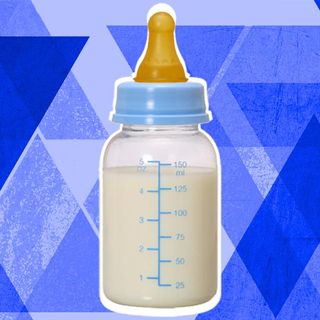We know that stress can negatively affect our health, from damaging our liver, nervous system, reproduction and fetal development. But according to a new study, published in the journal Neurology, it may also affect the brain. Higher levels of cortisol, a hormone released in response to stress, in middle aged people show a link to lower brain volume and impaired memory.
“Cortisol affects many different functions so it is important to fully investigate how high levels of the hormone may affect the brain,” said study author Justin B. Echouffo-Tcheugui, MD, PhD, of Harvard Medical School in Boston, Mass.
Researchers tested a group of 2,231 people with an average age of 49, and weren’t diagnosed with dementia. The study tested each participant’s memory and thinking skills, and eight years later they were tested again. Participants also provided a blood sample and were divided into groups on the basis of their cortisol measurements. Their brain volume was also measured through an MRI scan.
The study findings showed that people with high levels of cortisol scored lower on tests of memory and cognitive skills, compared to those with normal levels of cortisol. Additionally, high cortisol levels coincided with a lower percentage of total cranial volume, i.e., less brain matter.
“Our research detected memory loss and brain shrinkage in middle-aged people before symptoms started to show,” said Echouffo-Tcheugui. “So it’s important for people to find ways to reduce stress, such as getting enough sleep, engaging in moderate exercise, incorporating relaxation techniques into their daily lives, or asking their doctor about their cortisol levels and taking a cortisol-reducing medication if needed.”
Previously, higher cortisol levels among people in their forties and fifties wouldn’t be concerning, but this study proves that they may be indicative of a greater risk of dementia later on. So reducing stress and lowering cortisol levels while you’re middle aged might be the best way to save some grey matter for later.




